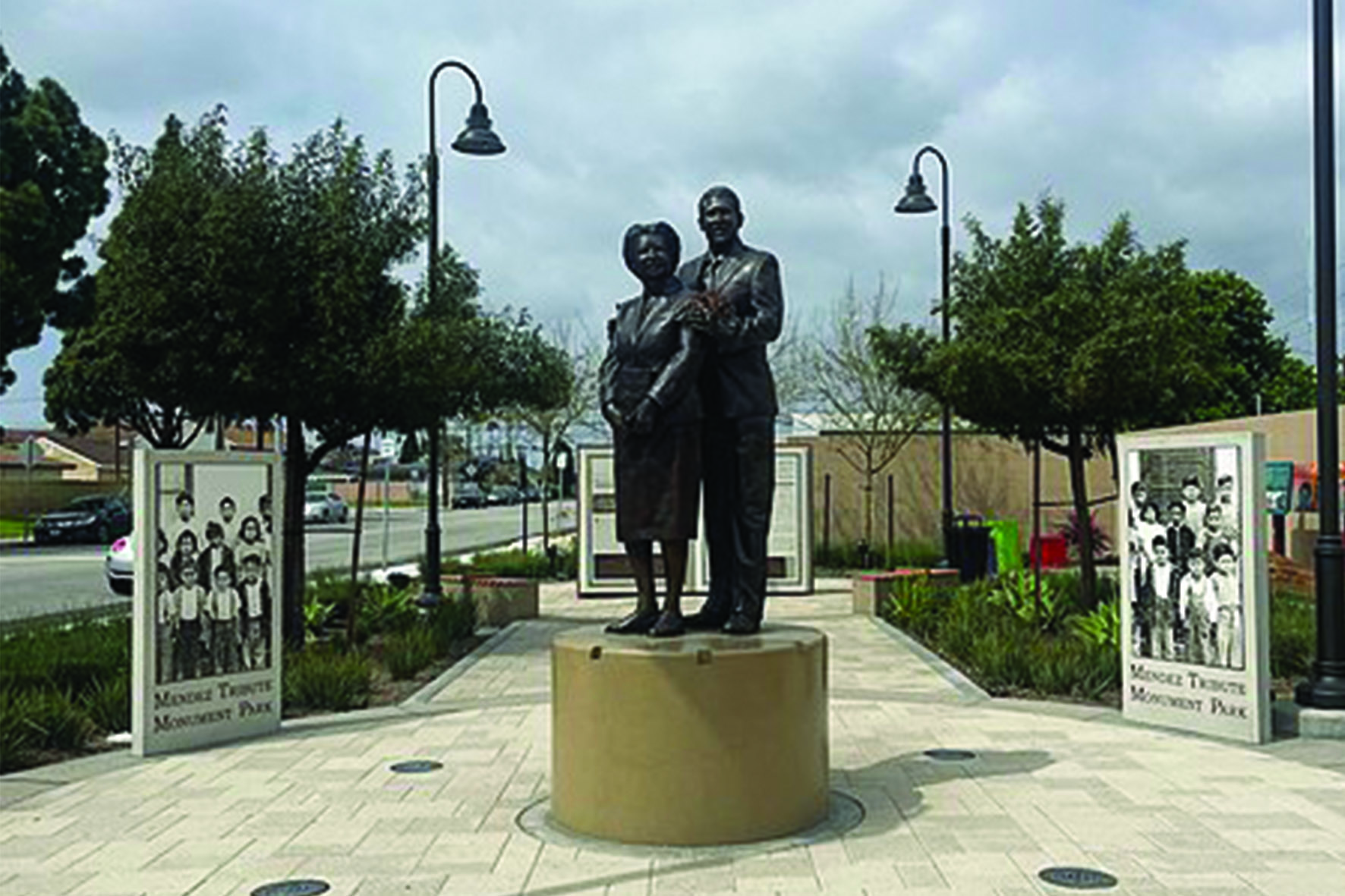- 14 3402-5578
- Rua Hygino Muzy Filho, 737, MARÍLIA - SP
- contato@latinoobservatory.org
 BreiAunna
BreiAunna
The U.S. House of Representatives has passed bipartisan legislation to rename the U.S. Court of Appeals in Los Angeles in honor of Felicitas and Gonzalo Mendez, a Latino family crucial in the fight against school segregation in the U.S. The courthouse, located at 350 W. First Street, will be designated The United States Court of Felicitas and Gonzalo Mendez.
The Mendez family made history nearly eight decades ago when their daughter, Sylvia Mendez, was barred from enrolling in the neighborhood school because she was Latino. This led the Mendezes to sue the school district, resulting in the end of school segregation in California in 1947. In this case, Mendez v. Westminster, served as a precedent for the landmark 1954 decision, Brown v. Board of Education, which declared school segregation unconstitutional.
Felicitas Mendez was Puerto Rican and Gonzalo Mendez was Mexican-American. Rep. Jimmy Gomez, the bill's lead sponsor, said the court will serve as a symbol of the Latin American legacy and the fight for equality. The bill now awaits Senate approval and the president's signature. If approved, it would be the first time a federal court has been named after a Latina.
Gomez collaborated closely with Sylvia Mendez for the renaming. Sylvia, whose education was central to the Mendez case, expressed honor at the bill's passage, highlighting the persistence of her parents and other families in fighting for a more equal society.
The case began when 9-year-old Sylvia Mendez was turned away from the neighborhood school in Westminster, being forced to attend a segregated school in poor conditions. Victory in federal court in 1946 and again in 1947, following an appeal by the school district, prompted then-California Governor Earl Warren to sign legislation that officially ended segregation in public schools.
The Mendezes' legacy was recognized as a significant step in the ongoing fight for equality in education, according to Rep. Steven Horsford, chairman of the Congressional Black Caucus, who sees the court's appointment as an act of rectification of past injustices and a reminder of the importance of advocating for equality.











